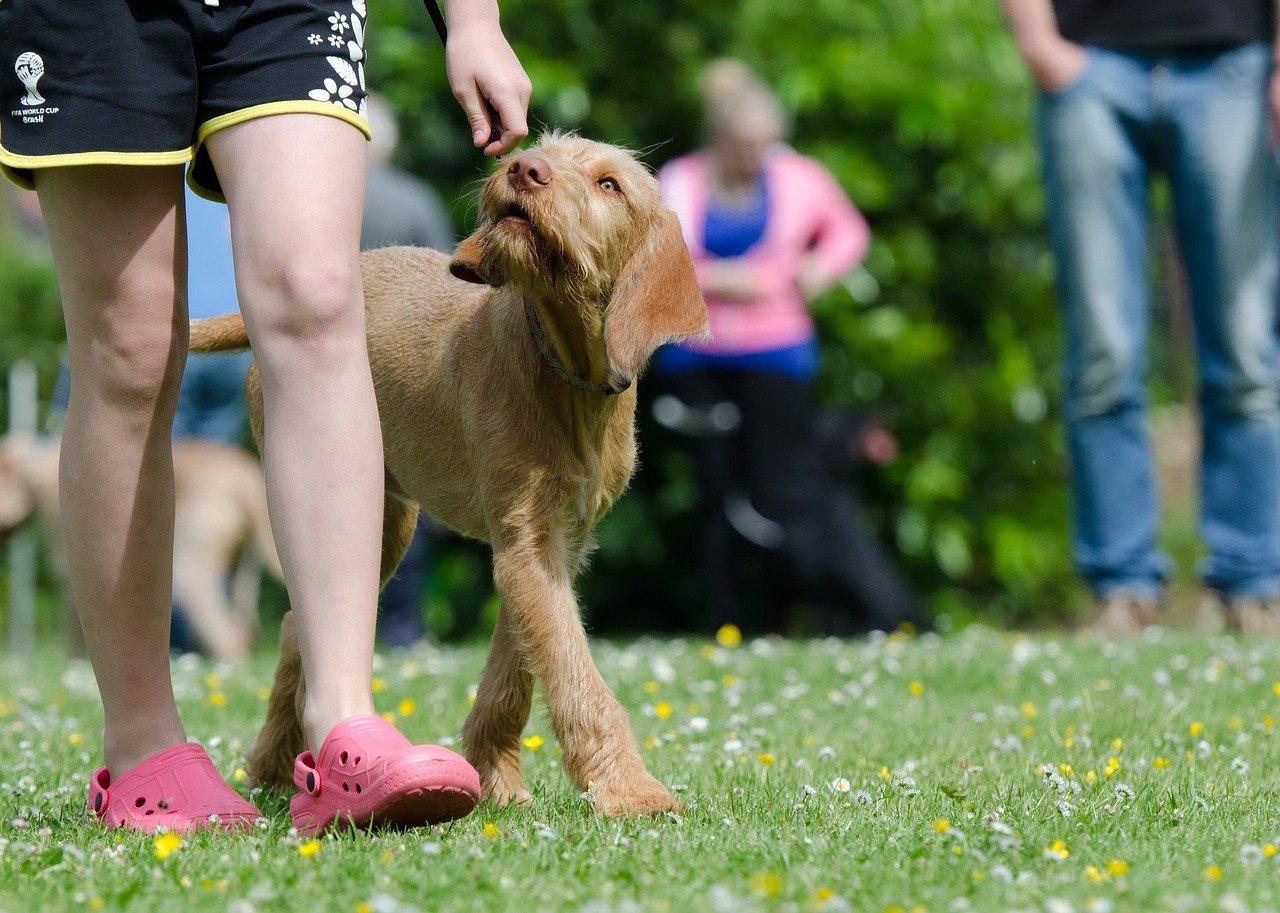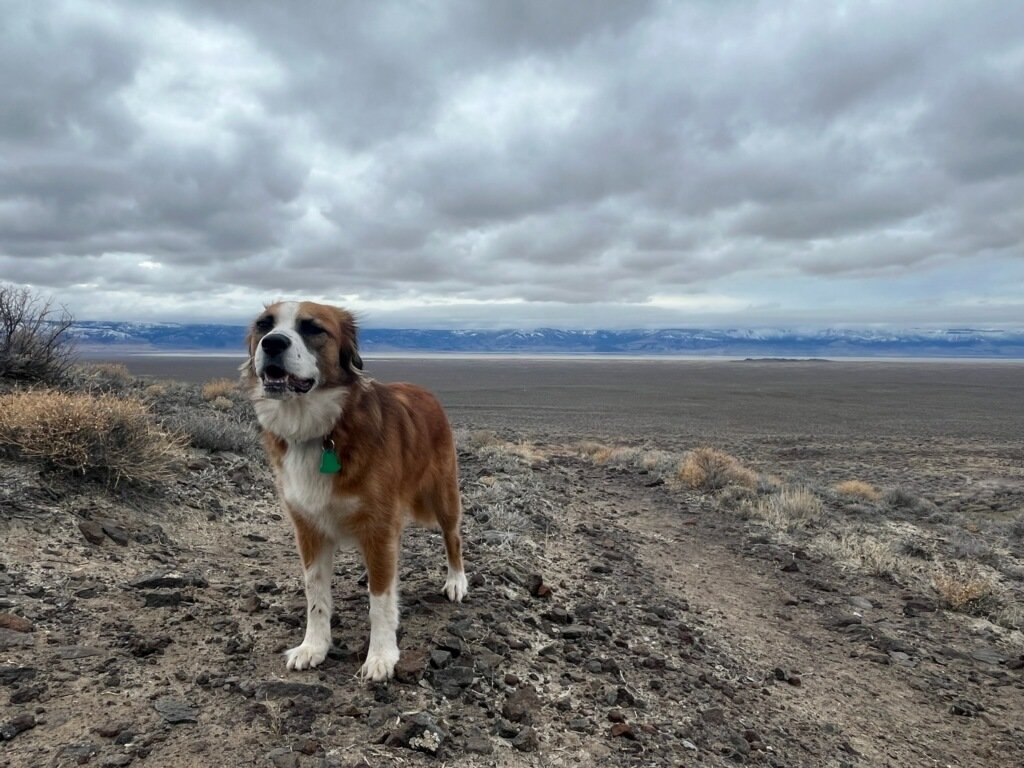Owning a dog is one of the most rewarding experiences life has to offer. They’re loyal, loving, and often considered a part of the family. Their wagging tails and excited greetings can brighten even the toughest days. But what happens when your furry friend suddenly starts ignoring you? It can be puzzling and even a little hurtful. This change in behavior can be due to various reasons — from health issues to emotional signals — and understanding them is key to restoring the bond you cherish. Let’s dive into the potential causes of your dog’s sudden aloofness and how you can help them feel connected again.
1. Health Issues
One of the most common reasons a dog might start ignoring you is due to an underlying health issue. Just like humans, dogs can suffer from ailments that affect their behavior. If your dog isn’t feeling well, they may be less inclined to engage with you. They might be in pain or discomfort and not wish to be bothered. If you notice other symptoms such as lethargy, vomiting, or changes in appetite, it might be time to visit the vet. Always prioritize your dog’s health over assumptions about their behavior.
2. Changes in Environment
Dogs thrive on routine and familiarity. Any sudden changes in their environment, like moving to a new home or rearranging furniture, can cause stress and confusion. This can lead to them acting distant. Imagine waking up in a completely different room; you’d feel a bit disoriented too, right? Dogs are creatures of habit, and a shift in their surroundings might make them feel unsure, prompting them to withdraw temporarily.
3. Lack of Stimulation

Dogs need mental and physical stimulation to stay happy and engaged. If your dog is not getting enough exercise or interactive playtime, they might become bored or restless. This can result in them ignoring you as they seek out their own form of entertainment or simply zone out. Regular walks, play sessions, and puzzle toys can help keep your pet engaged and less likely to ignore you.
4. Emotional Stress
Dogs are sensitive creatures and can pick up on the emotional vibes around them. If there’s been tension or stress in the household, your dog might react by withdrawing. Just as humans sometimes need space when they’re upset, dogs might pull away to process their emotions. It’s essential to create a calm and loving environment for them, ensuring they feel safe and secure.
5. Training Confusion

Sometimes, dogs can become confused by mixed signals during training. If commands are inconsistent, or if they’re unsure of what’s expected of them, they might choose to ignore commands altogether. Think of it like receiving conflicting instructions at work; you might feel unsure and hesitant. Consistency is key in training. Ensure that everyone in the household uses the same commands and rewards to avoid confusing your canine companion.
6. Aging and Cognitive Changes

As dogs age, they can experience cognitive changes similar to dementia in humans. This can lead to confusion or forgetfulness, causing them to seem distant or unresponsive. If your once lively pup is now ignoring you, it might be a sign of aging. Regular check-ups with the vet can help manage these changes, and providing a stable routine can offer comfort to older dogs facing cognitive decline.
7. Previous Experiences

Past experiences can significantly influence a dog’s behavior. If your dog had a negative encounter or was previously mistreated, they might become wary or distant. This behavior might resurface if something triggers their memory of the past event. Patience and understanding are crucial here. Building trust takes time, especially if your furry friend is working through past trauma.
8. Seeking Independence

Much like teenagers, dogs may reach a stage where they seek a little independence. This is especially true for younger dogs transitioning from puppyhood to adulthood. Your dog might start exploring more on their own and appear less attentive. It’s a natural part of their development. Providing them with safe spaces to explore and regular training can help manage this phase without feeling rejected.
Understanding the reasons behind your dog’s sudden change in behavior can help you address the issue more effectively. By recognizing these potential causes, you can take steps to ensure your dog feels loved, secure, and healthy. Remember, patience and persistence are essential when trying to rekindle the bond with your furry friend.






